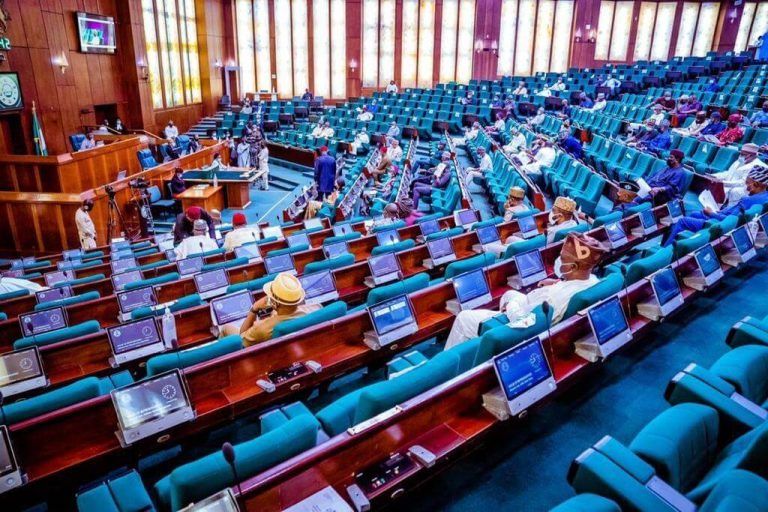A member of the House of Representatives representing Ido/Osi, Moba, and Ilejemeje Federal Constituency of Ekiti StateEkiti State, Kolawole Akinlayo, has expressed strong confidence that President Bola Tinubu will be re-elected for a second term in 2027.
The lawmaker also predicted that Governor Biodun Oyebanji of Ekiti State will secure re-election unopposed in 2026, citing his outstanding performance in office.
Speaking during an interview in his office, Akinlayo dismissed concerns of marginalisation in presidential appointments, insisting that those raising such issues are simply individuals who have not personally benefitted.
“The President has been very fair to all parts of the country in terms of appointments and project distribution, regardless of how many votes he received in those areas,” Akinlayo stated.
“I think the President has demonstrated fairness and equity across all regions—North or South. If you look at the numbers, the North still enjoys the lion’s share. Those crying foul are simply those excluded from the current structure.”
He added, “Be that as it may, I am strongly convinced that President Tinubu will return in 2027.”
On the issue of insecurity, the Ekiti lawmaker urged the federal government to adopt modern technological tools and a balanced “carrot and stick” approach in addressing the crisis.
“The current strategies are clearly not yielding the desired results. I recommend greater investment in technology. With proper tools, we can deploy surveillance drones to areas like the Sambisa Forest. We can’t continue like this—too many lives are being lost, and families are being displaced. Technology remains the most effective approach.”
Akinlayo also took issue with a recent proposal by the Independent National Electoral Commission (INEC) to allow political parties to nominate replacements for legislators who die or resign.
He warned that such a move could trigger internal conflicts within political parties.
“Allowing party leaders to handpick replacements without involving the people undermines internal democracy. It would breed rancour and go against the spirit of representative governance,” he said.
















